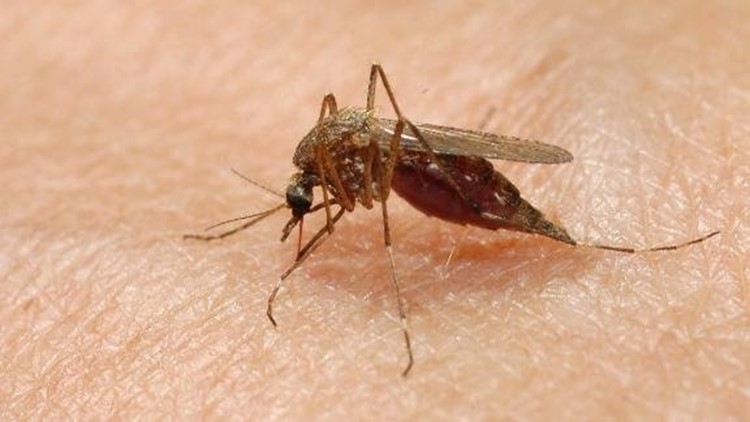A Connecticut resident infected with Eastern equine encephalitis has died in the state’s first fatality from the disease since 2013, health officials said.
Eastern equine encephalitis is a rare but potentially fatal illness caused by mosquito bites. Several states in the northeast have reported cases of the illness in recent weeks, including a second death reported in Massachusetts on Friday.
In Connecticut, in addition to the death of the first person diagnosed this year, health officials announced a second person has tested positive for Eastern equine encephalitis.
They urged residents to protect themselves and their children by avoiding outdoor activity from dusk to dawn, when mosquitoes are most active.
The patient who tested positive is an adult who became ill during the second week of September and remains hospitalized. Laboratory tests by the Centers for Disease Control and Prevention confirmed the presence of antibodies to the virus that causes the disease.
“The identification of two Connecticut residents with EEE, one of whom has passed away, emphasizes the seriousness of this infection,” said Renée Coleman Mitchell of the state Department of Public Health.
“Using insect repellent, covering bare skin and avoiding being outdoors from dusk to dawn are effective ways to help keep you from being bitten by mosquitoes. Mosquitoes continue to be active until the first heavy frost.”
States throughout the Northeast are experiencing an active season for EEE.
In Massachusetts, there have been 10 confirmed human cases in the commonwealth. Another patient, Laurie Sylvia, died in August.
Health officials are urging people to use bug spray, reduce skin exposure and stay indoors once the sun starts to go down and at dawn.
In addition to the Massachusetts and Connecticut cases, there are confirmed human cases in Michigan and Rhode Island. Three people in Michigan and one person in Rhode Island have died.
Typically, only five to 10 human cases of the disease are reported every year, but about 30% of all cases result in death, according to the CDC. Early symptoms of the disease occur about four to 10 days after exposure, and can include headache, high fever, chills, body and joint aches. It can develop into severe encephalitis or brain swelling that can cause tremors, seizures and paralysis.



